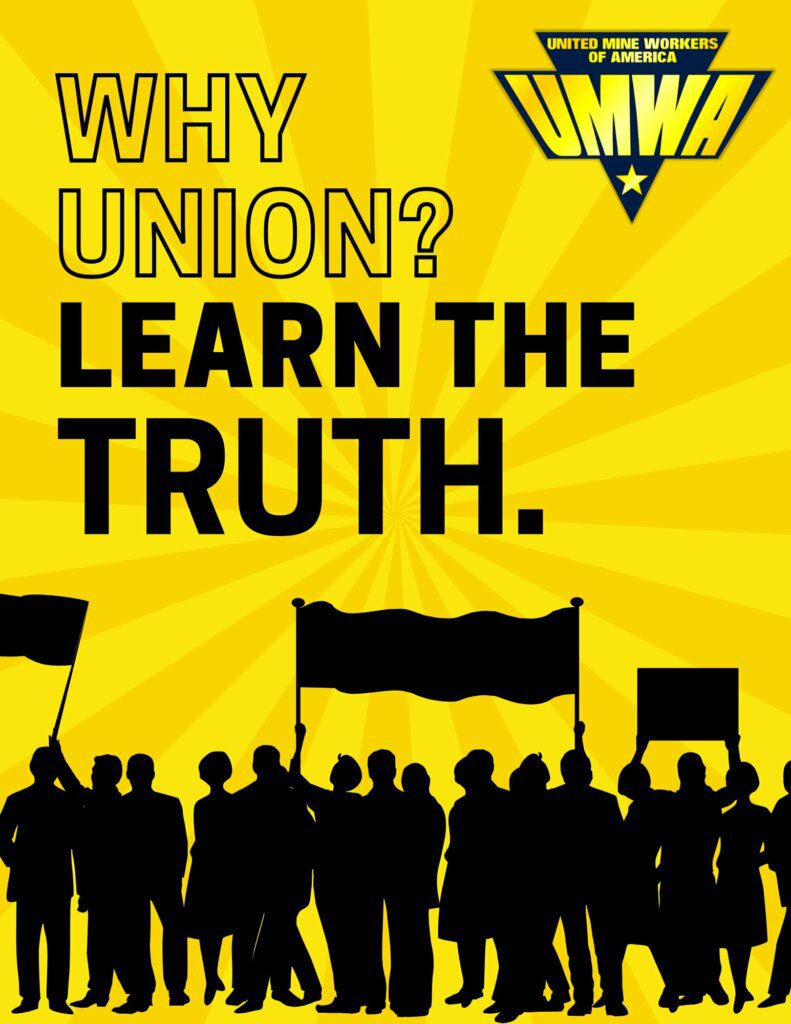COLLECTIVE BARGAINING POWER
Employees can form or join labor organizations for collective bargaining. The PECBA allows employees to select a labor organization or union to represent them in negotiations with their employer. The labor organization must demonstrate that it has majority support among the employees in the proposed bargaining unit.
IMPROVED COMPENSATION AND BENEFITS
Unionized workplaces often have better compensation packages than non-unionized ones. Unions strive to secure fair wages, benefits, and working conditions for their members. They negotiate contracts that establish minimum standards, ensuring that employees receive competitive pay, health insurance, retirement benefits, paid time off, and other perks.
WORKPLACE DEMOCRACY
Unions foster a culture of workplace democracy, allowing employees to participate in decision-making processes that affect their work lives. Union members have the opportunity to vote on contracts, elect union officials, and participate in union meetings and discussions. This involvement can enhance employee engagement and create a sense of ownership and empowerment.
HEALTH AND SAFETY ADVOCACY
Unions often prioritize workplace health and safety. They strive to ensure that employers comply with safety regulations and provide a safe working environment. Unions can advocate for better safety measures, training programs, and protective equipment, reducing the risk of accidents, injuries, and occupational hazards.
JOB SECURITY AND PROTECTION
Unions can help protect employees from arbitrary or unjust treatment by management. They establish procedures and grievance mechanisms to address issues like unfair discipline, termination, or workplace harassment. Union members benefit from collective representation and may have access to legal assistance and support when faced.


